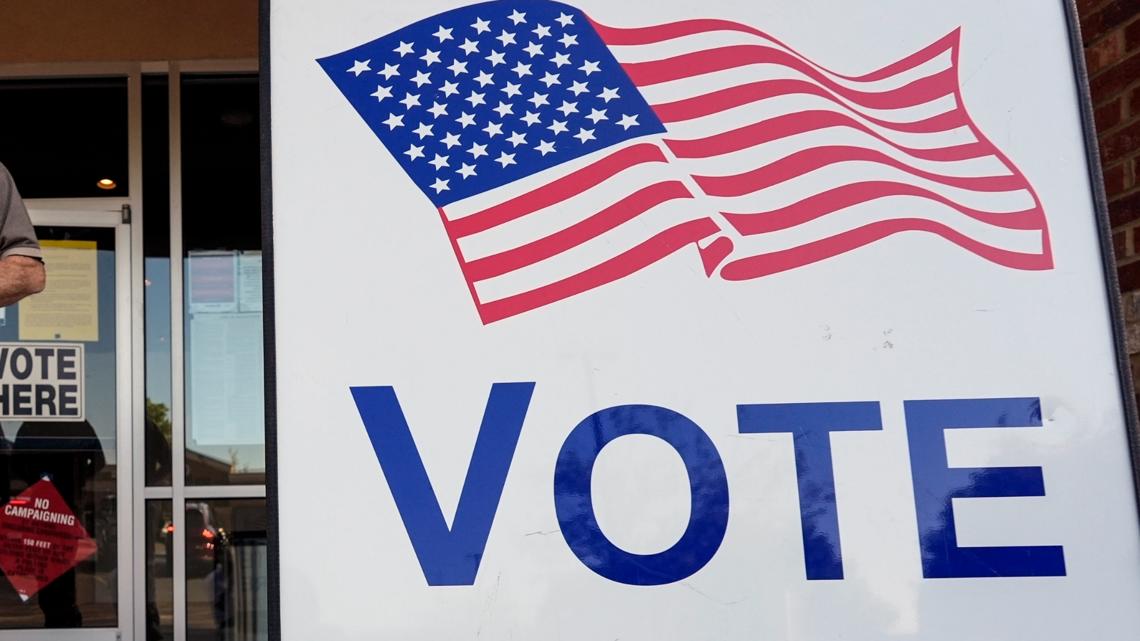The 2024 election may be remembered as when the Florida Republican Party solidified control of a once fractious swing state and exposed its Democratic counterpart as a shattered shell of a political party.
That’s according to retired University of South Florida political science professor Susan MacManus, who on Monday took a Capital Tiger Bay Club luncheon audience on a deep dive of the election results.
“If there is any state that shows the idea (that) one size-fits-all (advertising) does not work, you are sitting in it,” she told an audience of close to 100.
She set the stage: Democrats had ruled the state for a hundred years, but a GOP resurgence in the 1990s flipped the Legislature. While Republicans have ruled the statehouse ever since, Democrats have not won a statewide election since 2018, when Nikki Fried was elected agriculture commissioner.
Last month Democrats suffered another stunning rebuke by voters when President-elect Donald Trump won 61 of 67 counties, the GOP maintained supermajorities in the Florida Legislature and congressional delegation, and Republican candidates increased their vote totals in 90% of Florida counties.
The Republican Party smashed the Democrats’ coalition of voting blocs into pieces. They were able to do so, MacManus explained, because the Democrats rooted their campaign in mistaken assumptions about voters based on stereotypes unsupported by publicly available data.
Susan MacManus is a retired USF political scientists and recognized as a foremost expert on Florida politics
She said the Democrats’ assumptions about identity politics – or voters of certain religion, race, ethnicity, gender, and so on vote – as a monolithic block is not a winning strategy.
“When you look at how different racial groups voted, you can see they are equally split,” MacManus said.
Democrats, MacManus said, were confident higher turnout in a presidential election year would erase the one-million voter registration advantage Republicans had built since 2020, but Trump carried Florida by 13 points, and even won Osceola County, which Hillary Clinton carried by 25% in 2016.
The confidence grew from the assumptions that reproductive rights were voter’s No. 1 concern when the economy was, that younger voters (18–42) are solidly liberal Democrats when 40% are registered as no-party affiliates, and that Hispanics, females, and Blacks all are monolithic.
“The stereotypes were all those solid blocs of voters were (theirs). They (voters) did not turn out that way at all because the blocs themselves splintered,” MacManus said.
While people are not buying what Democrats are selling, the GOP continue to do outreach and voter registration all-year round “and they are very good at figuring out when new people move into an area, contacting them and registering them as Republicans,” MacManus said.
MacManus places some of the blame for the election night failure on the Democratic National Committee’s tight control of campaign messaging. In an explanation of the voting patterns of Florida’s Asian, Pacific, Hispanic, and Black residents she said out-of-state consultants and political experts don’t understand how diverse in opinions Florida’s racial groups are.
MacManus said the election was clearly about the economy, cited as the No. 1 issue by 71% of voters surveyed, while Democrats focused their campaigns on abortion rights – coming in fourth in most polls. Prices for household goods had risen by more than 5% under President Joe Biden, the highest rate since the Carter Administration presided over a 10% increase.
“Yet, 90% of the ads for Democrats in Florida were based on the abortion amendment. This was just a flat-out oversight of looking at data that was available for how you proceed with a campaign,” MacManus said.
Florida Democrats complained they lacked money to compete with the Trump and Republican campaigns. In an eight post message on X after the election, Jasmine Burney-Clark, who directed the Florida campaign for Vice President Kamala Harris, complained she had just $5 million to work with.
MacManus countered Democrats’ problems in Florida can’t be solved by money alone.
“They are going to have to go back to square one and be honest about these results and figure out a better way to get a feeling about voters’ concerns,” MacManus said.
James Call is a member of the USA TODAY NETWORK-Florida Capital Bureau. He can be reached at [email protected] and is on X as @CallTallahassee.
This article originally appeared on Tallahassee Democrat: Trump shattered Florida Democrats into pieces, Susan MacManus says













